Search: SSC
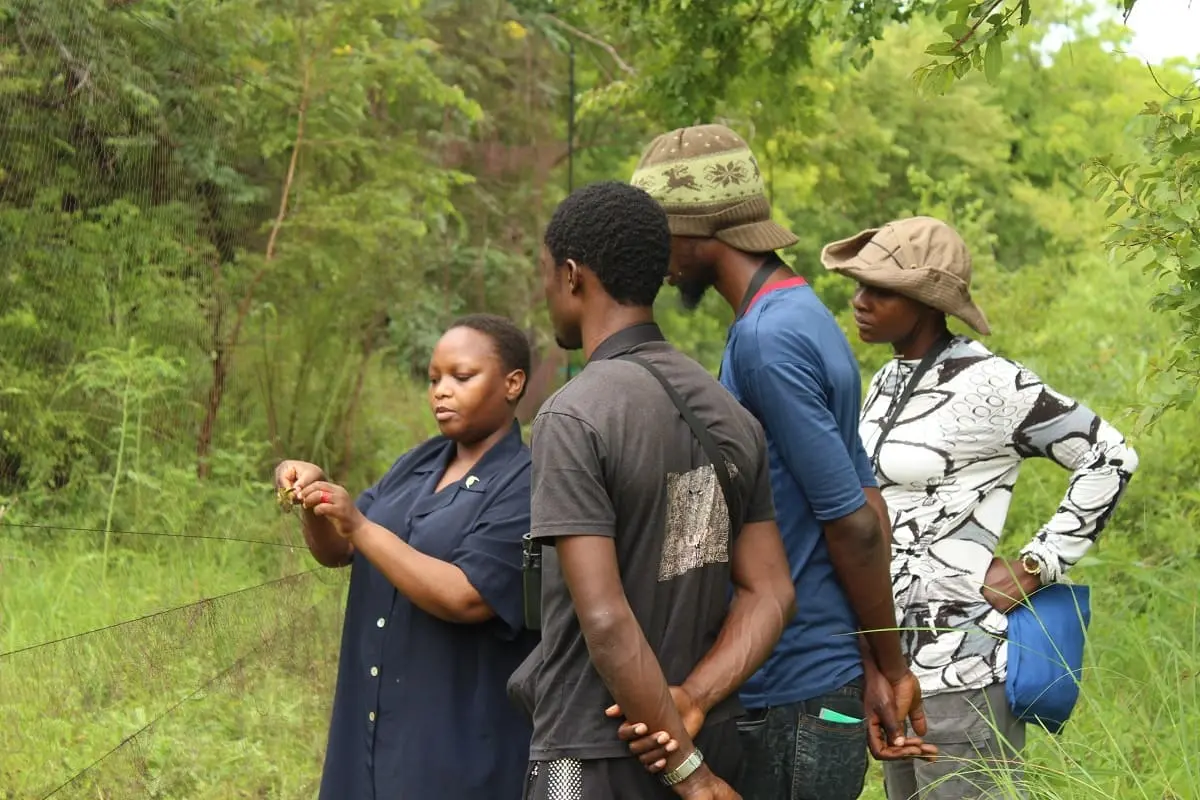
News | 07 Aug, 2023
The IUCN Species Survival Commission (SSC) and the A.P. Leventis Ornithological Research Institute (APLORI) announced a groundbreaking partnership to create a Center for Species Survival (CSS) in Nigeria, located in the Amurum Forest Reserve in Jos. The official agreement was signed by the IUCN…
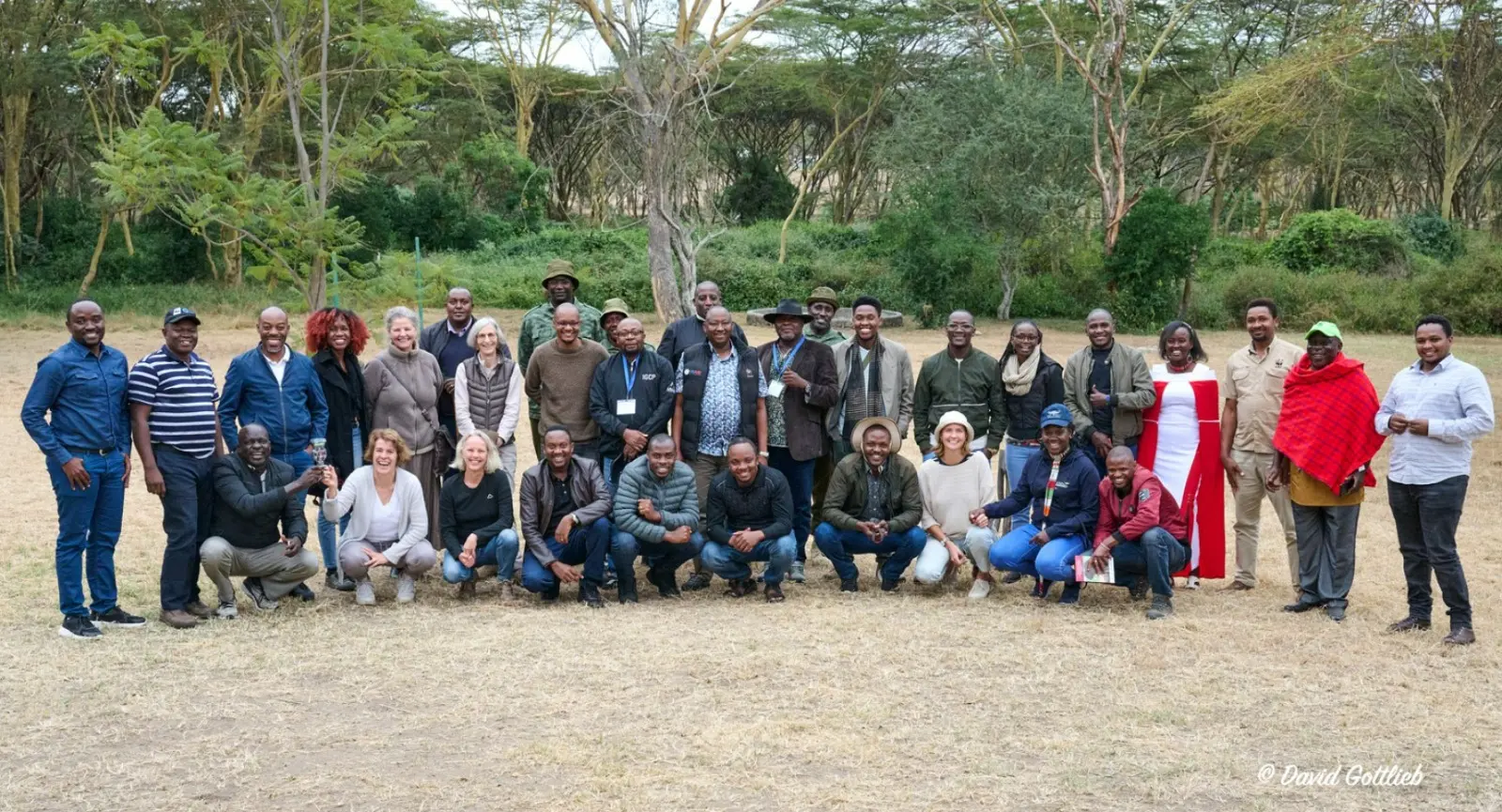
Story | 30 Jun, 2023
Conservation and anti-poaching initiatives in Africa have often overlooked the invaluable perspectives and involvement of local communities living in important conservation landscapes. Learn how the…
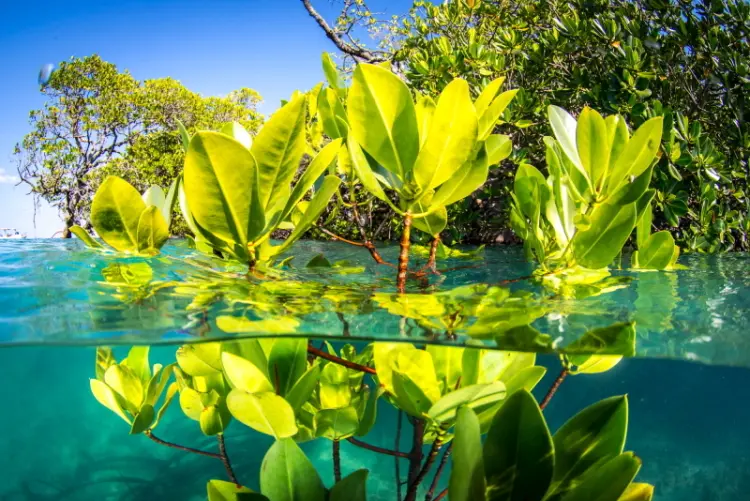
Story | 05 Jul, 2022
New blue carbon partnership for Western Indian Ocean mangrove reforestation
As part of the Great Blue Wall initiative, designed to accelerate ocean conservation and regenerative economic development in the Western Indian Ocean, IUCN and Blue Forest Company used the UN Ocean Conference in Lisbon to announce a new blue carbon partnership, with work beginning in Mozambique…
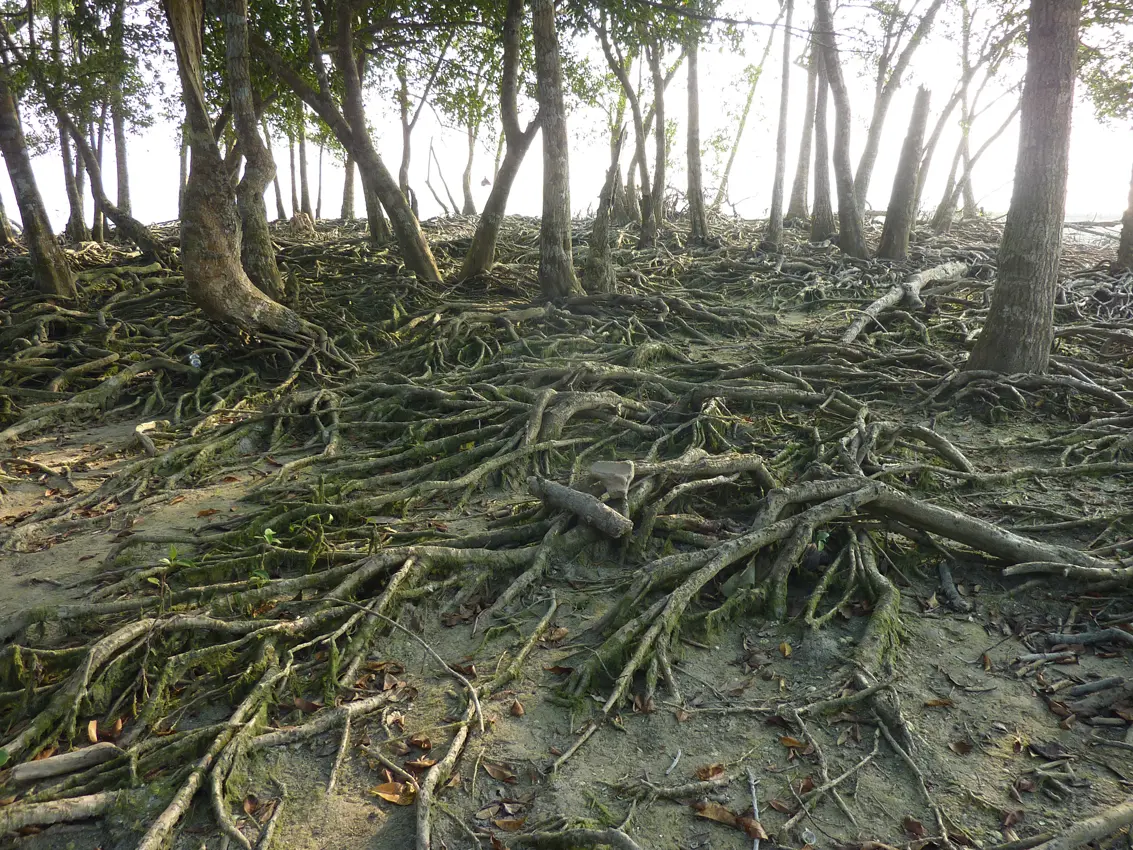
Story | 07 Jun, 2019
IUCN advises “in danger” status for three World Heritage sites
IUCN, the official advisor on natural World Heritage, recommends for three natural sites to be listed as “World Heritage in danger”: the Sundarbans in Bangladesh, Mexico’s Islands and Protected Areas of the Gulf of California and the Ohrid region in North Macedonia.
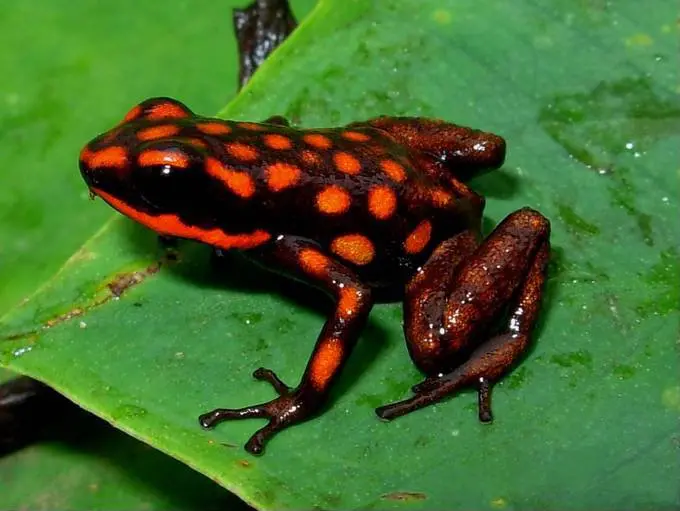
Press release | 17 Nov, 2014
Global appetite for resources pushing new species to the brink – IUCN Red List
Pacific Bluefin Tuna, Chinese Pufferfish, American Eel, Chinese Cobra and an Australian butterfly are threatened with extinction
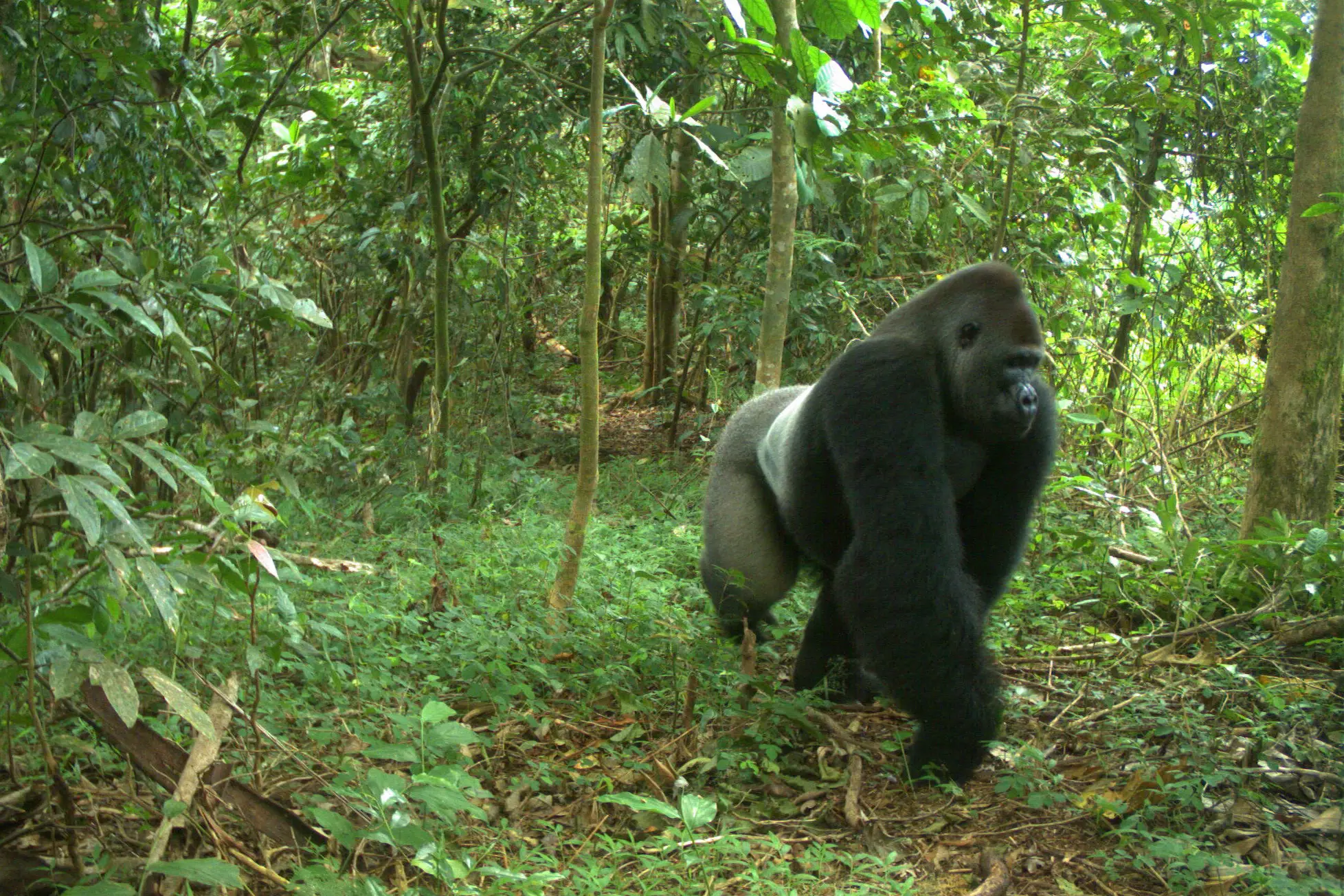
Story | 27 Jul, 2014
Cross River Gorillas and Camera Traps: the value of video technology
Following the news in March 2014 about the launch of a new species action plan for the Critically Endangered Cross River Gorilla (Gorilla gorilla diehli), SOS Grantee and IUCN…

Story | 25 Mar, 2014
World’s Rarest Gorilla Gets New Roadmap for Survival
In spite of the continued threats of poaching and habitat destruction, future prospects for the world’s rarest gorilla - the Cross River Gorilla (Gorilla gorilla dielhi) - have improved but are still dependent on continued local and international partnerships, according to a new action plan…
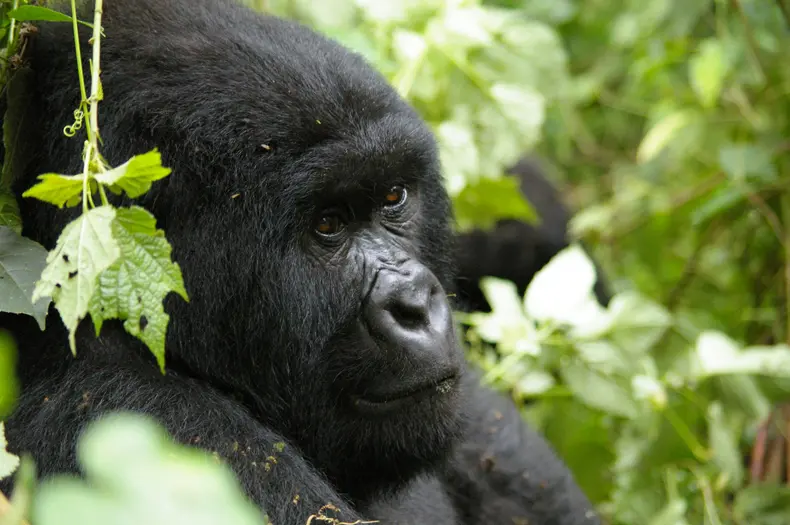
Press release | 02 Feb, 2014
IUCN welcomes Total’s ‘no-go’ commitment in World Heritage sites
Oil and gas company Total has confirmed that it will not carry out extractive operations within natural World Heritage sites, including Virunga National Park. IUCN welcomes this decision and calls on all oil and gas companies to follow suit.
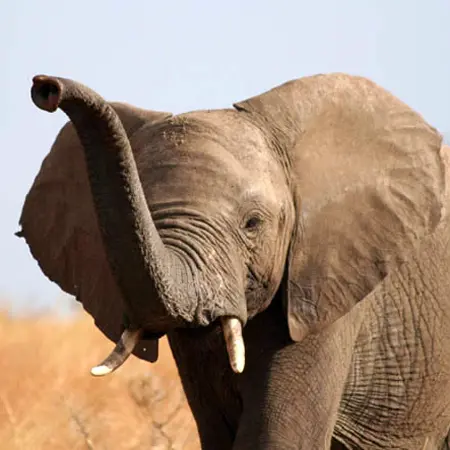
Press release | 02 Dec, 2013
As delegates gather to discuss the plight of the African Elephant at a summit convened by the Government of Botswana and IUCN, new analyses released today find that if poaching rates are sustained at current levels, Africa is likely to lose a fifth of its elephants in the next 10 years.
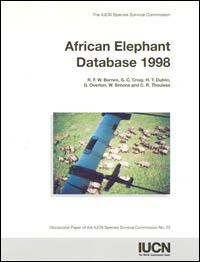
Publication | 1999
African elephant database 1998
The African elephant is the largest living land mammal. It once inhabited most of the continent, from the Mediterranean coast down to its south tip. This picture of elephant range today is one of scattered, fragmented populations south of the Sahara Desert. Estimates suggested that elephant…
